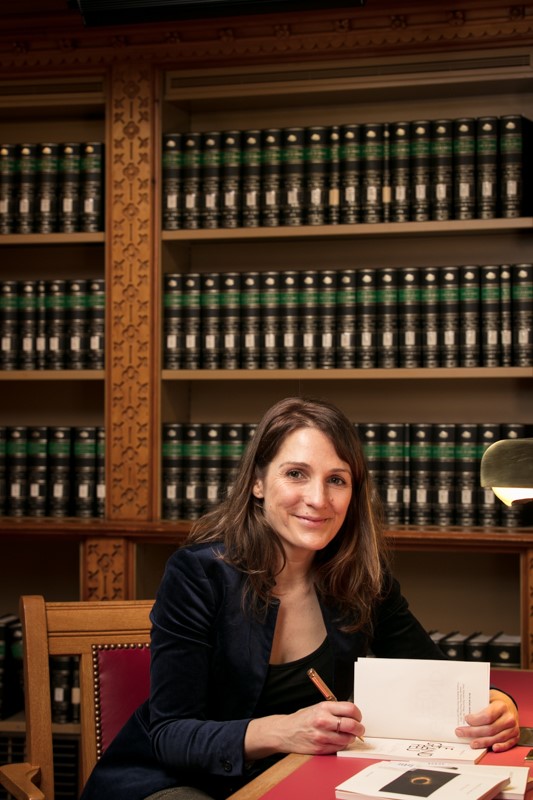To create a visual and sound poem in my native French, the French of southwestern Nova Scotia—a language that is fading, or even going silent. And to do this without the narrative requirements of the industry and the impositions, clichéd contextualizations that contrast the rural experience with the urban.
The story and its characters are fictional. We witness the ups and downs of small and large businesses, the raw and truthful poetry of a typical day in a world that, like everywhere else in the country, is looking to find its niche. The Acadian language is the lingua franca of the film, although other forms of French can be heard in everyday life in Planète Clare. This world is rarely portrayed on screen, even though southwestern Nova Scotia—an area that includes the federal electoral district and the two largest Acadian communities in Nova Scotia—is the veritable heart of the Acadian language! Here, we do not look for a word; we create it. This tenacious living language is already a dynamic work of art.
Entitled Planète Clare, this 52-minute documentary-fiction film tells the story of the main character, Gisèle, the new owner of a small eatery. She devotes herself to her business, draws on her history and folklore, and faces pitfalls that arise in every direction, from all sides. The film follows her through the twists and turns of opening her restaurant, La Bougraisse, in Planète Clare.


Viewer’s warning:
The film contains coarse language and mature subject matter.
Viewer discretion is advised.
This film celebrates the Acadian language, making it the central poetic motif. The free form narrative is the preferred poetic expression used by Georgette LeBlanc in her works. This narrative is easily adapted to the screen, which serves merely as a new medium in which we experience multiple voices speaking her Acadie. While a contemporary piece, the film recalls the ancient poetic role of the chorus (Henri de la balle in this case), who acts as narrator and provides context and commentary on the story as it unfolds. Throughout the action, the film mixes rural and urban through words and sound, showcasing the region, its people, and most importantly, the language that binds them.